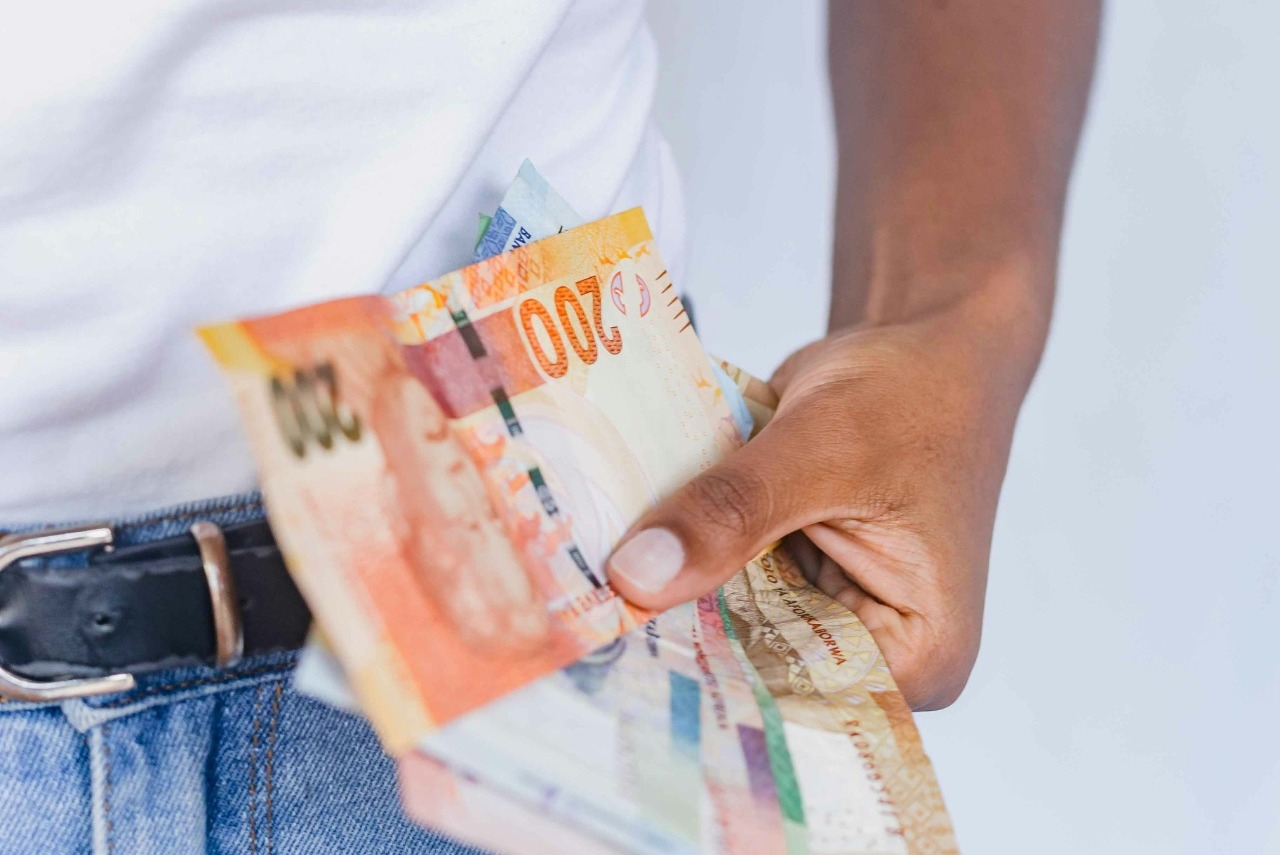
Mobile Money Operators (MMOs) in Mozambique
Mobile Money Operators (MMOs) are recognized as the primary driver of financial inclusion and digital finance growth in Mozambique. Their services are crucial for expanding access to financial tools, particularly among populations underserved by traditional banks.
Here is detailed information on the Mobile Money sector in Mozambique, including key operators, regulation, and challenges:
Market Presence and Growth
The mobile money market has expanded dramatically and is the main engine of financial inclusion in Mozambique.
- Penetration and Reach: Mobile money penetration exceeded 100% of the population by the end of 2024. As of the end of 2023, the number of MMO accounts was equivalent to 93.2 percent of the adult population, showing an increase from 67.9 percent in the first quarter of 2022. In contrast, bank account ownership grew more moderately, reaching 33% of the population at the end of 2024.
- Active Accounts: Mobile money platforms collectively exceed 12 million active accounts (as of September 2025).
- Transaction Volume: In 2023, Mozambique recorded 400 million mobile banking operations.
- Agent Network: The surge in financial access is largely due to the rapid growth of non-banking agents (including mobile money agents). The number of these agents surged 1,158.5% between 2015 and 2023, reaching 224,704 agents. By the end of 2023, Mozambique had 1,246 non-banking agents per 100,000 adults, far surpassing the 4.1 bank branches per 100,000 adults.
Key Mobile Money Operators
The mobile money ecosystem is dominated by subsidiaries of the main telecommunications providers in the country.
The three main mobile money platforms operating in the country are M-Pesa, M-Kesh, and E-Mola.
-
M-Pesa (Vodacom):
- Vodacom is the largest mobile network operator in Mozambique and facilitates the M-Pesa digital payment platform.
- M-Pesa leads the market, reporting over 6 million active users and 54,000 agents as of September 2025.
- Vodacom M-Pesa is specifically mentioned as a Mobile Virtual Network Operator (MVNO) that operates under Vodacom's infrastructure and focuses on providing mobile money services.
- In February 2024, the IFC signed a cooperation agreement with Vodafone M-PESA Mozambique to boost financial inclusion, particularly by strengthening its agent network, conducting training, and exploring ways to expand mobile money services in rural areas for smallholder farmers.
-
M-Kesh (Tmcel):
- Tmcel, one of the three main mobile operators, provides M-Kesh mobile money services.
- In mid-2018, mKesh was noted to have 174,000 active accounts.
-
E-Mola: E-Mola is the third key platform in the mobile money ecosystem. In mid-2018, it was noted to have 25,000 active accounts.
Regulatory Environment and Compliance
The mobile money sector is closely overseen by the Bank of Mozambique (BdM), the central bank.
- Supervision: MMOs, known legally as IME (instituição de moeda eletrónica), are operated by subsidiaries of mobile network operators licensed and supervised by the BdM.
- Strategic Direction: The new National Financial Inclusion Strategy 2025-2031, rolled out in August 2025, aims to expand financial access through digital financial services, enhance efficiencies, and strengthen consumer protection. The emergence of digital finance has been aided by new legislation covering the issuance of non-bank e-money.
- Fintech Innovation: The BdM supports innovation through initiatives like the Regulatory Sandbox, which welcomed the participation of eight fintechs in its fourth edition in 2023. The regulatory environment is intended to allow regulated institutions to experiment with new products and services.
- AML/CFT Measures: In response to concerns regarding the financing of terrorists and money laundering, the Reserve Bank of Mozambique imposed limits on transactions and balances for mobile money accounts in a directive dated April 1, 2024.
- These limits are structured in three tiers (Level I, Level II, and Level III) based on the level of customer identification and due diligence.
- For instance, Level I clients have a maximum account balance and daily limit of MZN 200,000 (approx. USD 3,100), while micro and small businesses (Level III) are allowed up to MZN 3 million (approx. USD 47,000) for maximum balance and daily transfers/withdrawals.
Interoperability and Digital Infrastructure
Achieving seamless transaction flow between different providers has been a major focus of regulatory policy.
- Interconnection Achieved: As of July 12, 2022, the three mobile wallets—M-Pesa, mKesh, and e-Mola—have been interconnected under an agreement signed by the operators. This enables customers of these electronic money platforms to transfer and receive money between each other securely. This fulfills one of the main goals of the National Strategy for Financial Inclusion 2016-2022.
- Payment Switch: Further interoperability between mobile money networks, banks, and other financial service providers is also being facilitated by the migration to the new electronic payment processing platform managed by SIMOrede.
- Infrastructure Gaps: While mobile connectivity has improved, full interoperability in retail payments is yet to be fully achieved, and the legal framework for mobile money currently limits the diversification of services offered by the operators. Mozambique has not yet seen the emergence of new digital business models like digital-only banks.
Mobile money, particularly due to its capacity to leverage widespread cell phone reception and agent networks, serves as a crucial digital bridge connecting Mozambique's largely cash-dependent population, especially in rural areas, to the formal financial system.
related reading